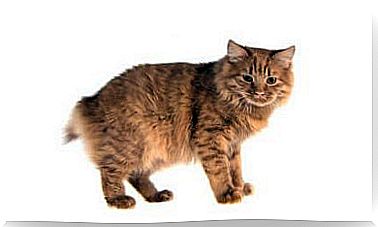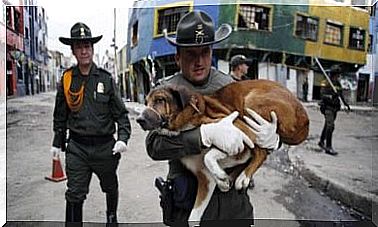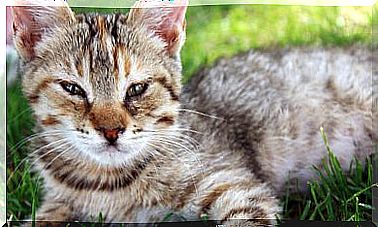Pet Monkey: Is It Possible To Have One?
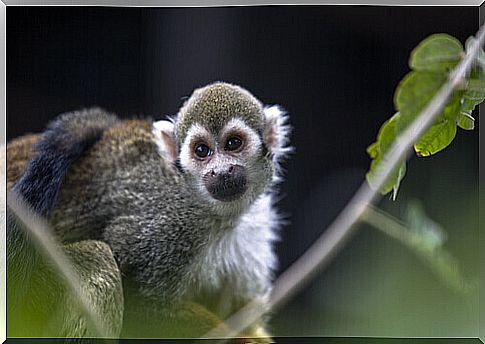
Monkeys and primates in general are animals that catch our attention because of their similarity to us. However, that doesn’t mean it’s a good idea to have a monkey as a pet.
As with all exotic animals, their demands and the costs of raising them are very high. But that goes further, there are a number of reasons why it’s not appropriate to have a monkey as a mascot. We will present them below.
In many countries it is prohibited to have a monkey as a mascot.
In countries like Spain, the possession of a monkey as a pet or private animal is prohibited. Primate breeding should only take place in zoos or in conservation and research projects.

However, this prohibition does not prevent the illegal sale of these animals. The purchase of exotic animals can result in imprisonment and a fine, as it supports the illegal trafficking of protected species.
In many cases, they are sold using permits, which can easily be forged. In some countries, regulations are not as strong, and it is possible to find videos on the internet of people raising a monkey as a pet at home. However, there are many reasons why we shouldn’t have a monkey as a mascot, even if it’s authorized in our country.
Monkeys transmit very dangerous diseases
Being descendants of primates, apes and humans share similar illnesses. This makes having a monkey as a pet a great risk to our health.
There are diseases that are not dangerous for apes, but for humans they can be deadly. One example is the herpes B virus, present in monkey populations, which causes us a fatal neurological disease.
When these animals are illegally purchased, they are unlikely to go through veterinarians and, consequently, are not vaccinated . Therefore, it is not uncommon for them to have diseases such as AIDS, which can infect us through bites.
It’s a psychological trauma for animals
Unlike ordinary pets, to have a monkey as a mascot you need to strip it of its identity. All primates need extended periods of learning from their mothers. These periods can reach 10 years.
This means that keeping them away from their mothers when they are months old makes them not know how to behave and end up humanized. As most of these monkeys end up abandoned, it becomes impossible to psychologically rehabilitate them in primate sanctuaries.
The relationship between mothers and offspring for primates is so important that many mothers die to prevent them from taking their offspring. These puppies end up bathed in their mothers’ blood when they are kidnapped by poachers.
In the case of captive-bred monkeys to be sold, the removal of their mothers causes them to stop eating and end up dying of malnutrition and sadness.
To take the monkeys to cities to be sold, vendors hide them in plastic suitcases and cans. This practice causes many animals to choke to death. It is estimated that for every monkey that survives and is sold, nine monkeys die in transport . This is one of the most dire cases of animal abuse.
they are always abandoned
It is impossible to have a monkey as a pet for a long time in a house. They share facial expressions with humans that can have totally different meanings. This causes misunderstandings to occur and end up in bites and other physical damage.
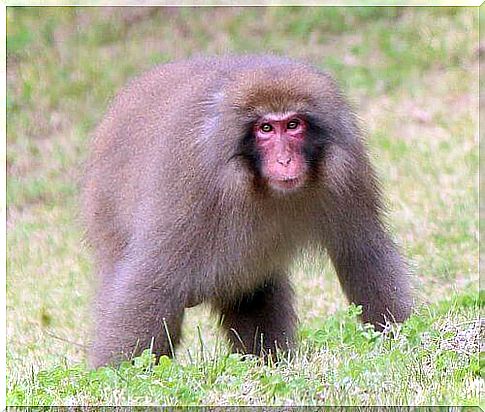
Also, most monkeys live a long time: 20 to 60 years. That way, when they reach adulthood and become more dangerous, they end up being abandoned. In some cases, they are arrested and hidden or sacrificed. This practice aims to avoid fines and penalties for illegal possession of the animal.
In turn, those who are luckier end up in primate sanctuaries. In these places, they try to learn how to get back to behaving like apes. This process takes a long time, and it can take more than a decade for them to overcome their phobias. In many cases, such rehabilitation is impossible and monkeys must live alone for the rest of their lives.

